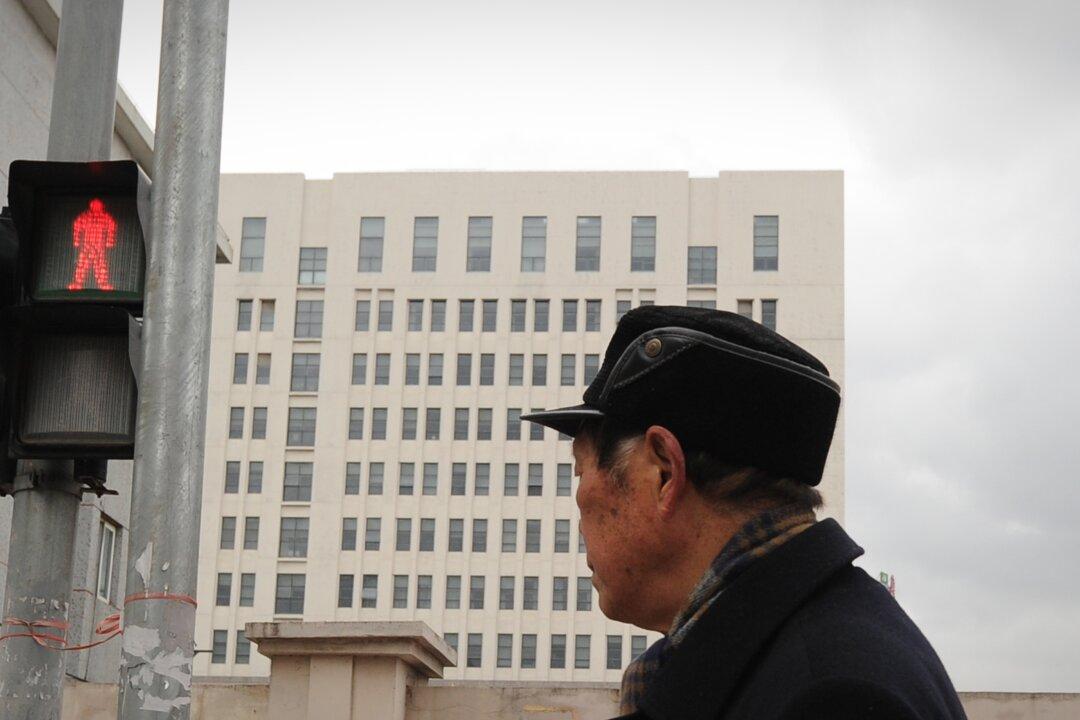China’s state media has claimed Australia is ramping up spying efforts against Beijing just days after Australian intelligence services raided the home and office of a state parliamentarian over allegations of Chinese Communist Party (CCP) influence.
The CCP-run Global Times, a vocal commentator on party-related issues, accused Australia of waging an “intensifying espionage offensive” against China.





